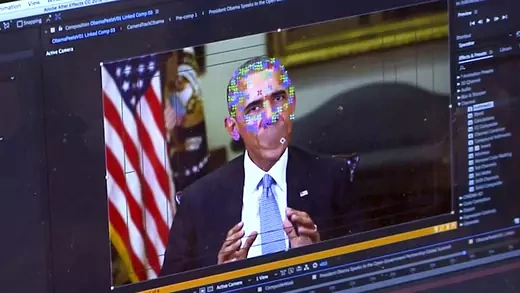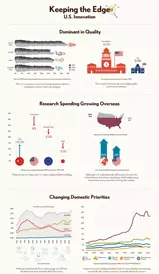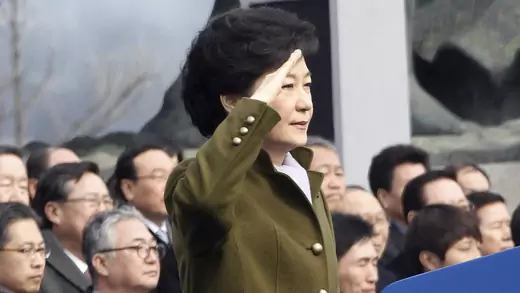- RealEcon
- Israel-Hamas
-
Topics
FeaturedIntroduction Over the last several decades, governments have collectively pledged to slow global warming. But despite intensified diplomacy, the world is already facing the consequences of climate…
-
Regions
FeaturedIntroduction Throughout its decades of independence, Myanmar has struggled with military rule, civil war, poor governance, and widespread poverty. A military coup in February 2021 dashed hopes for…
Backgrounder by Lindsay Maizland January 31, 2022
-
Explainers
FeaturedDuring the 2020 presidential campaign, Joe Biden promised that his administration would make a “historic effort” to reduce long-running racial inequities in health. Tobacco use—the leading cause of p…
Interactive by Olivia Angelino, Thomas J. Bollyky, Elle Ruggiero and Isabella Turilli February 1, 2023 Global Health Program
-
Research & Analysis
FeaturedFollowing a long series of catastrophic misadventures in the Middle East over the last two decades, the American foreign policy community has tried to understand what went wrong. After weighing the e…
Book by Steven A. Cook June 3, 2024
-
Communities
Featured
Webinar with Carolyn Kissane and Irina A. Faskianos April 12, 2023
-
Events
FeaturedJohn Kerry discusses his work as U.S. special presidential envoy for climate, the challenges the United States faces, and the Biden administration’s priorities as it continues to address climate chan…
Virtual Event with John F. Kerry and Michael Froman March 1, 2024
- Related Sites
- More
October 16, 2018
CybersecurityDeep fakes—highly realistic and difficult-to-detect depictions of real people doing or saying things they never said or did—are a profoundly serious problem for democratic governments and the world order. A combination of technology, education, and public policy can reduce their effectiveness.

October 19, 2015
Technology and InnovationThe United States leads the world in combining innovation quality and quantity, but the challenges are growing, particularly when it comes to scientific research. Addressing gaps in U.S. innovation policy could help ensure that the United States remains the leading innovation center for decades to come.

October 21, 2022
COVID-19Every viral pandemic since 1900 has been the result of spillover from animals to humans. Public health systems should take the steps outlined by Jay Varma and Neil Vora to limit the potential for spi…
April 6, 2015
Digital PolicyThe United States defined its preferred cyberspace norms—Internet openness, security, liberty, free speech, and with minimal government oversight and surveillance—in its 2011 International Strategy f…

March 25, 2013
South KoreaWith new leaderships in place in China, Japan, and South Korea (ROK), along with the reelection of Barack Obama in the United States, hopes are high in South Korea for better regional cooperation and…

 Online Store
Online Store
